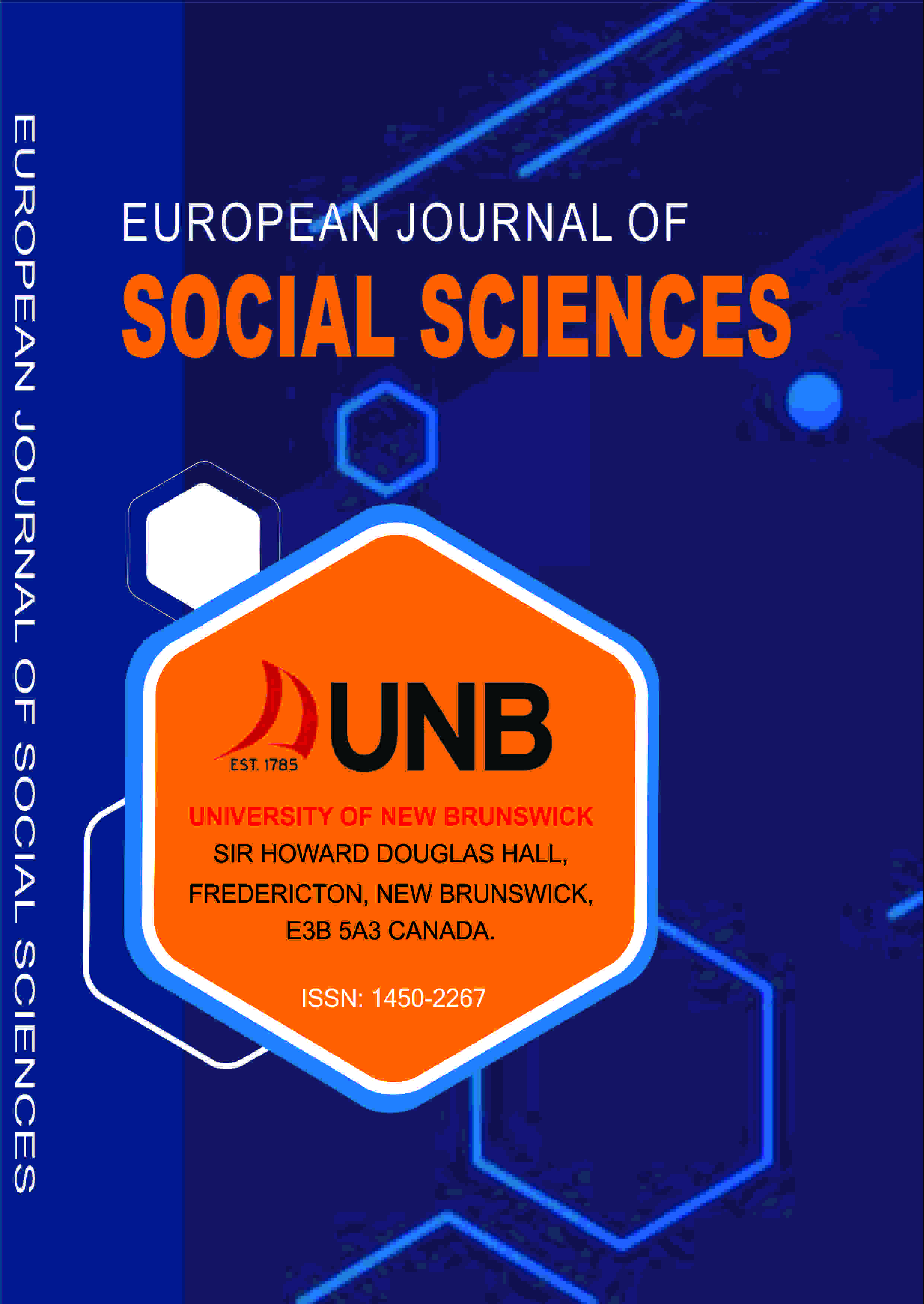EUROPEAN JOURNAL OF SOCIAL SCIENCES (EJSS)
The Decline of Religious Affiliation among Youths: Understanding the Rise of Atheism and Agnosticism in Contemporary Era
E-ISSN: 4899-5667
P-ISSN: 1450-2267
DOI: https://iigdpublishers.com/article/798
This study explores The Decline of Religious Affiliation: Understanding Why Younger Generations Are Becoming Less Religious and the Rise of Atheism and Agnosticism. Atheism: The belief that there is no deity or divine being. Agnosticism: The belief that the existence of God is unknowable or undecidable. In recent years, there has been a noticeable and widespread reduction in religious commitment among youths globally. This trend raises a critical issue: why are younger generations increasingly disassociating from organized religion and turning towards atheism, agnosticism, or identifying as religiously unaffiliated. The research aims to investigate the root causes of this shift and its broader implications for religious institutions and society at large. A mixed-methods approach was employed, combining surveys, interviews, and secondary data analysis from global research institutions. The primary data was collected from individuals aged 18– 35 across various cultural and religious backgrounds. Quantitative data highlighted the rate and pattern of disaffiliation, while qualitative interviews revealed deeper personal, social, and ideological motivations. The findings show that the decline is driven by multiple factors: increased secularization, disillusionment with religious institutions due to scandals and perceived hypocrisy, a growing emphasis on personal spirituality and autonomy, conflict between religious teachings and progressive values, and the influential role of digital technology in shaping beliefs. These trends suggest that traditional religious structures are struggling to maintain relevance in an increasingly pluralistic and critical-thinking-oriented generation. Based on these insights, the study recommends that religious institutions adopt more transparent and inclusive practices, actively engage with youth through digital platforms, and create space for honest dialogue on controversial issues. Embracing reform, ethical leadership, and social relevance may help revitalize spiritual engagement among younger populations. The decline of religious affiliation should not only be viewed as a loss but as an opportunity for religious thought and practice to evolve in response to contemporary realities.
Pius Barinaadaa Kii PhD & Olunlade Taiwo Bamiji PhD
American Psychological Association. (2020). Religion and Media Use among Young Adults.
Barbour, I. G. (1997). Religion and Science: Historical and Contemporary Issues. HarperSanFrancisco.
Bruce, S. (2011). Secularization: In Defence of an Unfashionable Theory. Oxford University Press.
Dawkins, R. (2006). The God Delusion. Houghton Mifflin.
Djupe, P. A., & Gilbert, C. P. (2019). The Political Influence of Churches. Cambridge University Press
